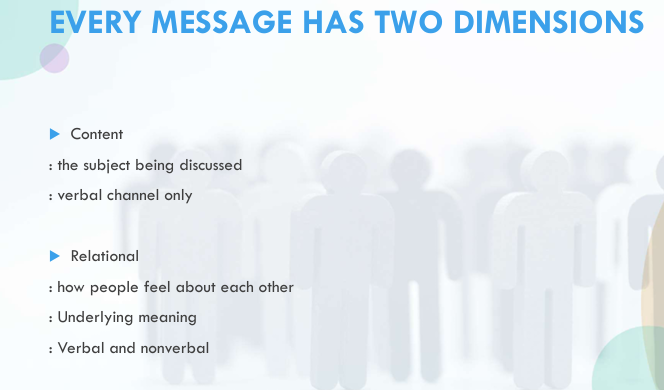1) Emotional intelligence
1/9
There's no tags or description
Looks like no tags are added yet.
Name | Mastery | Learn | Test | Matching | Spaced | Call with Kai |
|---|
No study sessions yet.
10 Terms
Define emotional intelligence
-using empathy
-understanding/expressing emotions
-ppls expressive face/gestures
Whats the difference b/w IQ & EQ?
IQ = visual processing, working memory, quantitative reasoning
EQ = identify emotions, social communication, relating to others
How can we measure EQ?
1) being aware of emotions
2) expressing emotions
3) controlling emotions
4) relationship management
What are the 4 areas of EQ?
1) self awareness = understand own emotions
2) self management = manage own emotions
3) social awareness = empathy
4) relationship management = putting it all together (your emotions + others emotion)
- choosing what’s appropriate in that relationship
Why is rapport important?
-ppl willing to share info
-relaxed during procedure
-comply w/ your requests
What is the primary effect?
What does this relate to?
Primary effect = “firsts” are influential in creating an impression than anything else that happens later
(ex. alex first impression - heard about him from someone else)
Relates to establishing rapport
We can establish rapport via:
What is a method to demonstrate we are listening?
1) nonverbal + verbal behavior
2) SOLER
-square shoulders/face
-open posture
-lean towards
-eye contact
-relaxed behavior
What are the channels of nonverbal communication?
1) Proxemics = personal space
(women tend to have smaller spaces)
2) Facial expression
- microexpressions
- may convey true feelings
- hard to hide if distressed
3) Eye contact
- conveys interest/emotions
4) Kinesics = body language to communicate
- body orientation (face/away from soemone)
- posture (how we hold body reflects emotional state)
- gestures (using hands for communication)
5) Paralanguage = “how” something is said vs “what” is said
- loud/soft
- quick/slow
- tone/pitch
ex. kathy and eli
6) Touch

What is a relational message?
underlying meaning (verbal or non verbal)
- affinity ppl have for one another
- level of respect for one another
- balance or power/control b/w ppl
Ex. commanding tone = authority
soft tone = affection
Verbal Example:
Saying “I love you” with sincerity versus saying it dismissively can communicate very different relational messages.
Non-verbal Example:
A warm smile, a gentle touch, or a prolonged stare can convey affection or interest, while crossed arms or avoiding eye contact might signal discomfort or disengagement.
How can we develop a nonverbal radar?
1) self monitor/be aware of relational messages you communicate to OTHERS
2) pay attention to relational messages ppl communicate to YOU
3) develop ability to choose most appropriate behavior